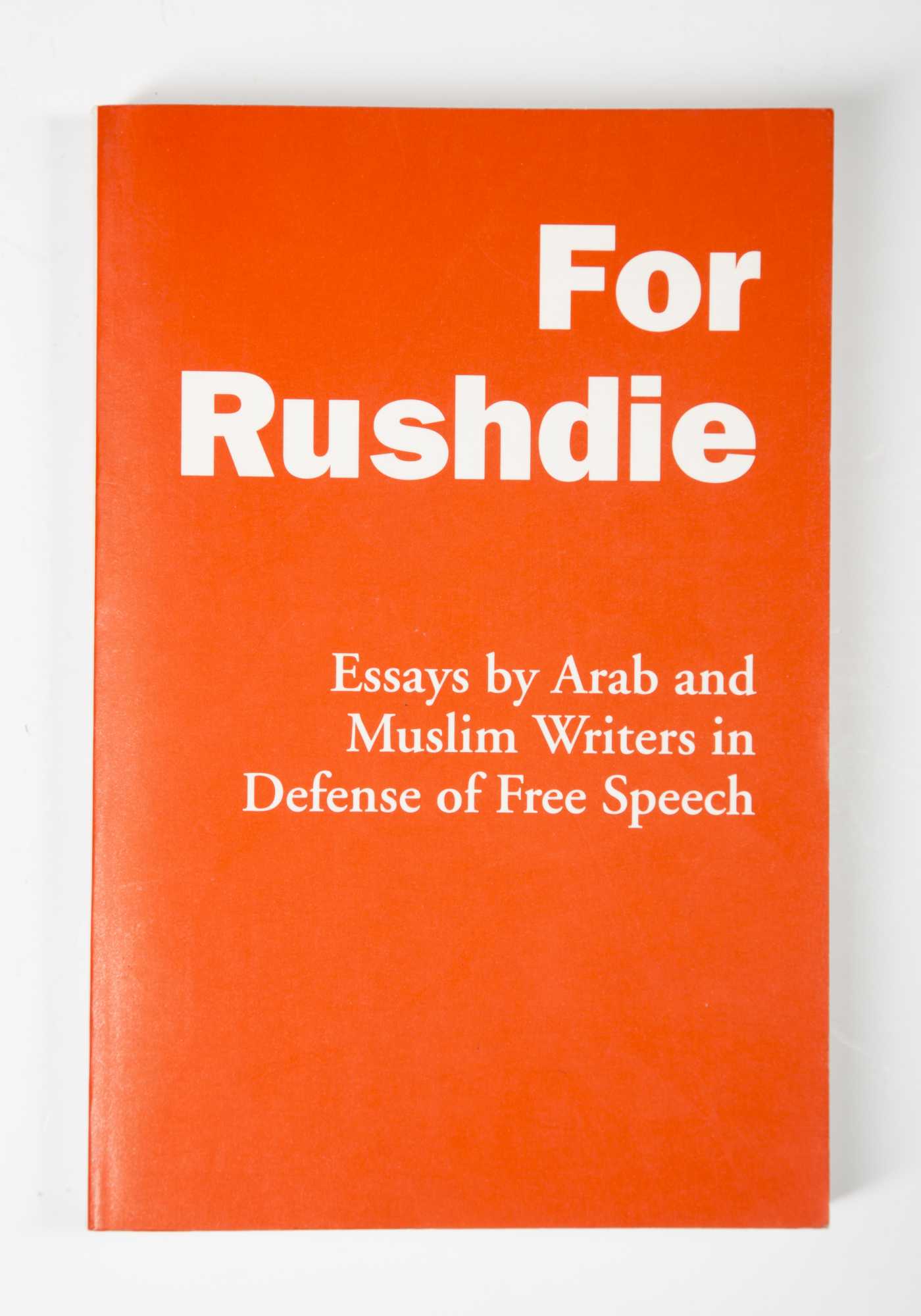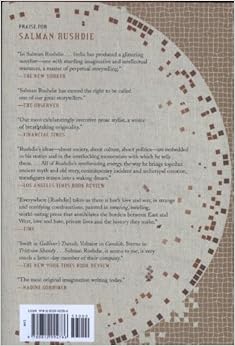

Still, some of his relationships were damaged by the injunction against him and its emotional consequences. Meanwhile, he traveled between safe houses under the protection of friends and reporters. Among his closest friends during the first years of the fatwa were writers Martin Amis, Bill Buford, Bruce Chatwin, and Paul Theroux. He expresses gratitude towards these people for keeping in contact with him through the most alienated period of his life. After the fatwa was issued, he maintained a close network of friends who sympathized with his situation. Unfortunately, several people were even murdered in connection with Rushdie and the book.

Many people who had worked on publishing the book were targeted by violent splinter groups and had to go into hiding. Several public book burnings were held where The Satanic Verses was ritually destroyed. Many of them complained publicly that Rushdie misunderstood the Islamic faith and culture, and some attributed this misunderstanding to ignorance and hatred. Its skeptical, occasionally negative treatment of Islam drew the ire of many Muslims in many different countries. This novel drew heavily from Islamic theology and history. The huge success of Midnight’s Children set up much anticipation for the release of his second work, The Satanic Verses. After a few years experimenting with his voice and style, he wrote and published Midnight’s Children, which propelled him to near-universal acclaim. There, he went to school at Exeter Academy and developed a passion for language.

Born and raised early on in British India, his family later relocated to England. Rushdie writes the memoir in the third person, referring to himself as Joseph Anton and implying that the conditions of life in hiding shifted some aspects of his identity.

In the year of its publication, it was longlisted for the Samuel Johnson Prize. Other than a brief recollection of his formative years developing as a writer, the memoir is limited to the period of Rushdie’s life under the fatwa, which extends into the present day. The fatwa was issued in the wake of some Muslims’ critique of Rushdie’s controversial political views, especially those presented in his 1988 work, The Satanic Verses, which included tributes to modernist authors Anton Chekhov and Joseph Conrad. Its title refers to the pseudonym Rushdie used while in hiding, after the Islamic Republic of Iran’s leader, Ayatollah Khomeini, enacted a political and religious injunction (called a “fatwa”) against him. Joseph Anton: A Memoir is the 2012 memoir of British-Indian contemporary novelist Salman Rushdie.


 0 kommentar(er)
0 kommentar(er)
